 President Barack Obama acknowledged for the first time Tuesday that Russia is unlikely to surrender control of the strategically important peninsula it annexed from Ukraine, conceding that Western condemnations have had little effect on Vladimir Putin.
President Barack Obama acknowledged for the first time Tuesday that Russia is unlikely to surrender control of the strategically important peninsula it annexed from Ukraine, conceding that Western condemnations have had little effect on Vladimir Putin.
Obama insisted the international community would never recognize Russia’s takeover of Crimea. But he and European leaders, gathering in the Netherlands for a two-day nuclear summit, said a military response against Moscow was unlikely. The leaders focused much of their attention on keeping Russia from expanding elsewhere in Ukraine — even if that means enacting broad sanctions that have negative implications for their own economies.
“Some particular sanctions would hurt some countries more than others,” Obama said during a joint news conference with the Dutch prime minister, Mark Rutte. “But all of us recognize that we have to stand up for a core principle that lies at the heart of the international order.”
The president spoke a day after the U.S. and its partners in the Group of Seven economic forum declared that they were indefinitely suspending cooperation with Russia, which often joins with the G-7 nations to form the Group of Eight. The leaders also said they were prepared to impose sanctions on key sectors of the Russian economy, including its energy and defense industries.
Russia’s brazen incursion into Ukraine has become a fierce challenge to Obama’s leadership on the world stage. He arrived in the Netherlands, the first stop on a weeklong trip abroad, facing withering criticism from Republicans who have charged that the president underestimated Putin or misjudged the Russian leader’s intentions.
Among those critics is Obama’s former presidential rival Mitt Romney. The GOP politician declared during the 2012 campaign that Russia was America’s top geopolitical foe — an assertion Obama dismissed as a relic of Cold War-era thinking.
Obama took aim at Romney’s assertion again Tuesday, using the opportunity to derisively cast Russia as little more than a “regional power” that threatens its allies, but not the U.S. The pointed comment appeared to take aim at what Western officials see as Putin’s insecurity over Russia’s standing in the world.
“Russia is a regional power that is threatening some of its immediate neighbors — not out of strength, but out of weakness,” Obama said. Still, he added that “it would be dishonest to suggest there is a simple solution to what has already taken place in Crimea,” where Russian troops are in control.
In a sign of how difficult it would be to roll back Russia’s advances, Ukrainian soldiers in Crimea piled onto buses and began their journey to Ukrainian territory on Tuesday following a withdrawal order from the central government in Kiev. A former comrade saluted them from outside a base overrun by Russian forces.
While Putin did not attend the long-planned Nuclear Security Summit, his provocative actions in Ukraine dominated the two days of talks in The Hague. Western nations have used their long-planned meetings here to project a united front in their dispute with the West, banking that diplomatic and political isolation might prevent Putin from launching further incursions into eastern and southern Ukraine.
Russia has amassed thousands of troops on its border near those regions, raising anxieties in Washington, as well as in other former Soviet territories. Obama sought to reassure some of those nations that NATO would come to the defense of any member of the 28-nation alliance.
“When it comes to a potential military response, that is defined by NATO membership,” he said. “That’s what NATO’s about.”
The West’s preferred method for preventing an escalation of the conflict continued to be economic sanctions, both on individuals close to Putin and the Russian economy.
Obama appeared to have made progress in convincing European leaders that the costs of implementing such sanctions outweighed the risks to their own economies. Europe has deep economic ties with Russia and the continent’s leaders have worried that sanctions on Moscow could boomerang and hurt their own economies.
During his news conference with Obama, Rutte said that while leaders could not completely mitigate the impact of the sanctions, “we will make sure that we will design these sanctions in such a way that they will have maximum impact on the Russian economy.”
Still, it remained unclear whether the U.S. and Europe would actually go through with broader economic sanctions if Russia does escalate the crisis.
Obama and European leaders have also been discussing ways to boost funding for Ukraine. The country’s fledgling government is under significant financial strain following a shake-up that saw Ukraine’s Russian-backed president flee amid popular protests.
In Washington, Senate Democrats signaled a possible retreat over the biggest sticking point blocking congressional passage of legislation clearly the way for an aid package. Up to now, the Senate and House have been at odds over a provision related to the International Monetary Fund. But legislative aides told The Associated Press that Democrats would weigh dropping language related to the IMF in the interests of securing passage of a bill.
The president also planned to discuss funding for Ukraine during meetings Wednesday with European Union leaders in Brussels, where he arrived late Tuesday.
Later Tuesday, Obama met with Prince Mohamed bin Zayed, crown prince of Abu Dhabi, to address Arab anxieties over the Syrian civil war and U.S. nuclear talks with Iran. He also met jointly with Japanese Prime Minister Shinzo Abe and South Korean President Park Geun-hye, bringing together two U.S. Asian allies who have been quarreling over rekindled memories of Japan’s aggression in World War II.
(AP)

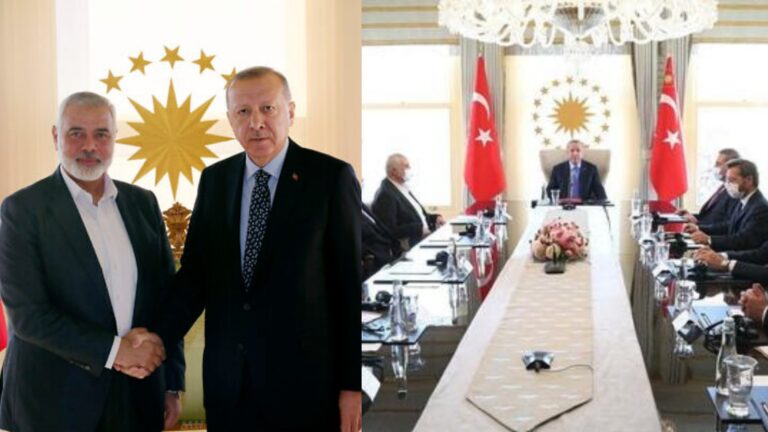
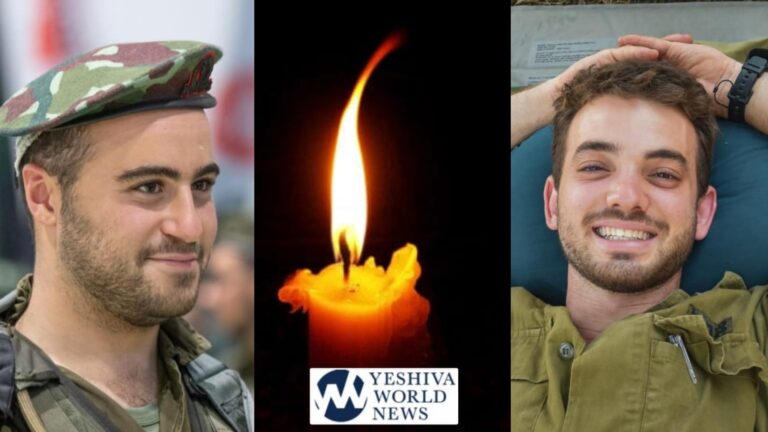
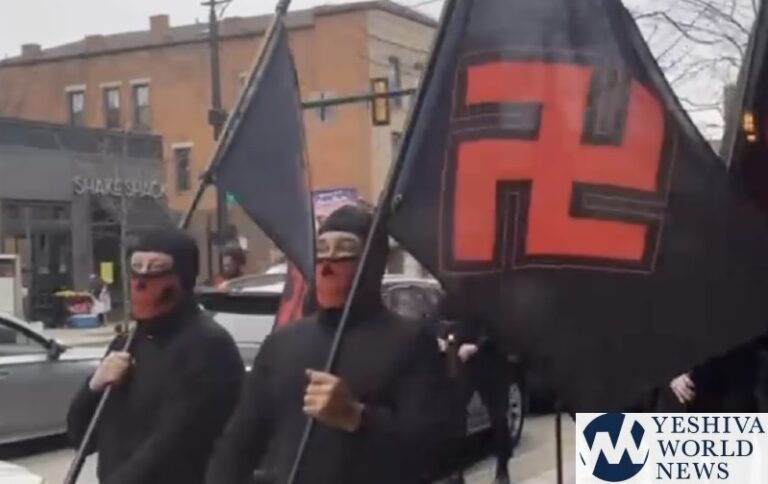
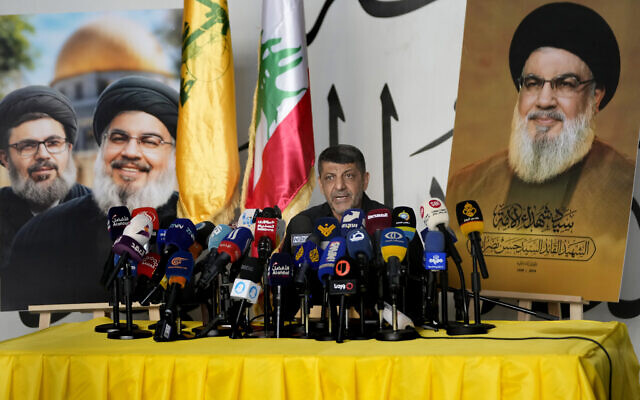
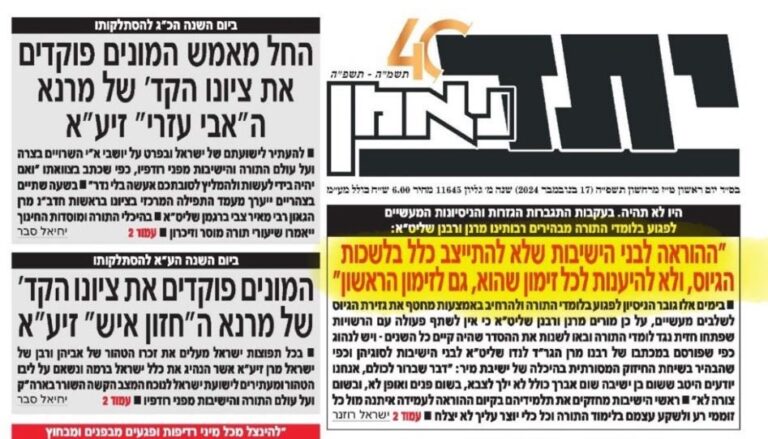
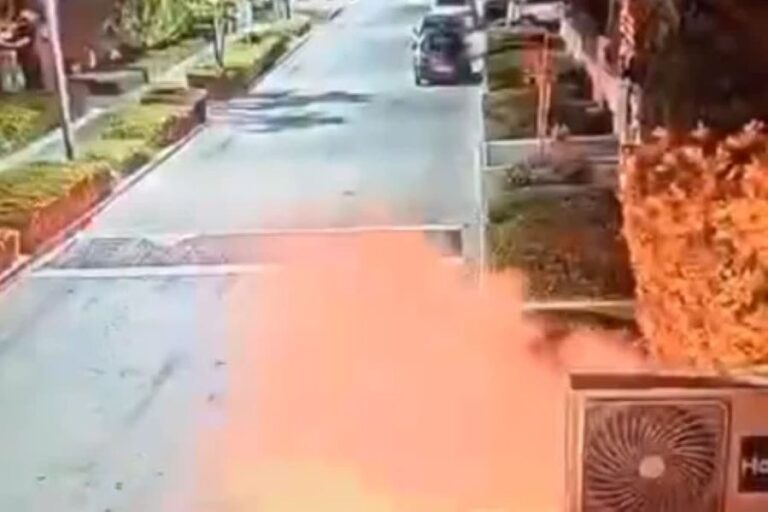
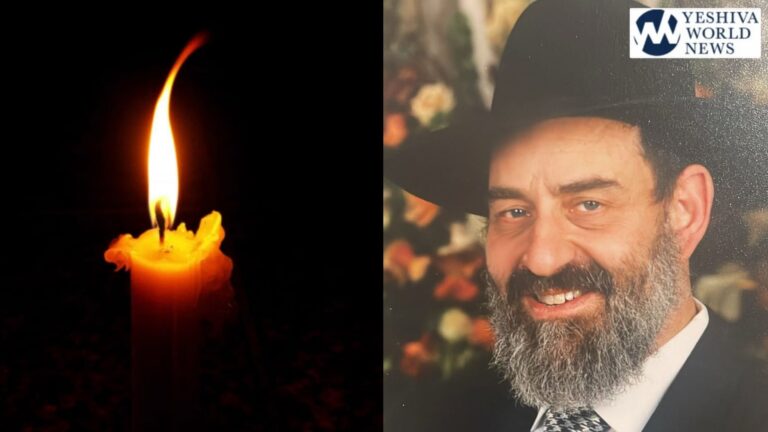
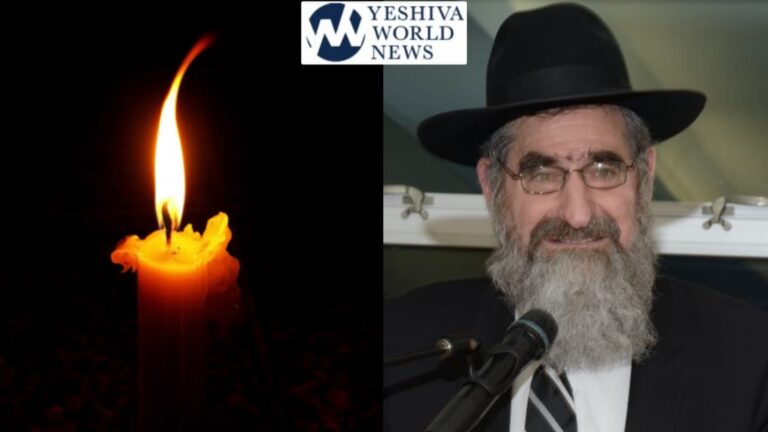


8 Responses
But…But…how can that be? The US imposed sanctions and even stopped doing joint military maneuvers with the Russians. Time to bring out the heavy guns and have he and Moochelle threaten that they wont send him holiday cards this year if he doesnt back off.
The US. From powerhouse to Laughingstock of the world in 6 short years.
So weak
Dose he care about anyone or anything whom can we blame now never the Obama ‘s fault . Putin knew that this guy has no courage to do anything so Putin annexed Crimea
Obama has no clue about the world——–what a nebech rachmonos SO SIMPLE BUT A GENIOUS FOR EVIL THIS IS RA MUCHLOT
Crimea was always part of Russia for hundreds of years, should not have been stripped away from Russia in an administrative move by the Soviet dictator that was done without the consent of the people, and now should rightfully be returned to Russia as the Crimean people desire to be part of Russia.
For the time being Russia is in Ukrainian Crimea (Crimea never belonged to an independent state like the Russian Federation; it belonged to the much larger Russian Empire/USSR). Russia is there because of its Black Sea Fleet. This Fleet is supposed to be very powerful, but is easily out-classed by the USA. In the meantime, Russia’s economy is taking a big hit even without the puny sactions. Putin took a gamble based on his yes-men cronies and the gamble will turn rather sour for Russia.
Crimea has been part of Russia for centuries. The Russian Federation is the successor of the Czarist Russian Empire. Russia has had its Navy Black Sea Fleet in Crimea since the 1700s.
Putin is in Crimea because he wants to and sees no reason not to be there. The population of the Crimea is made up of ethnic Russians, and he has strategic reasons to be there, so he is there. What would a different US President do differently? At this time not much. But a different US President would have left the impression that a Russia that undertakes such action will find itself isolated economically and cut off from the rest of the world. Obama called for reducing US troops to the smallest levels since WWII just a couple of days before Putin invaded. What a sad joke! What are the Iranians thinking?